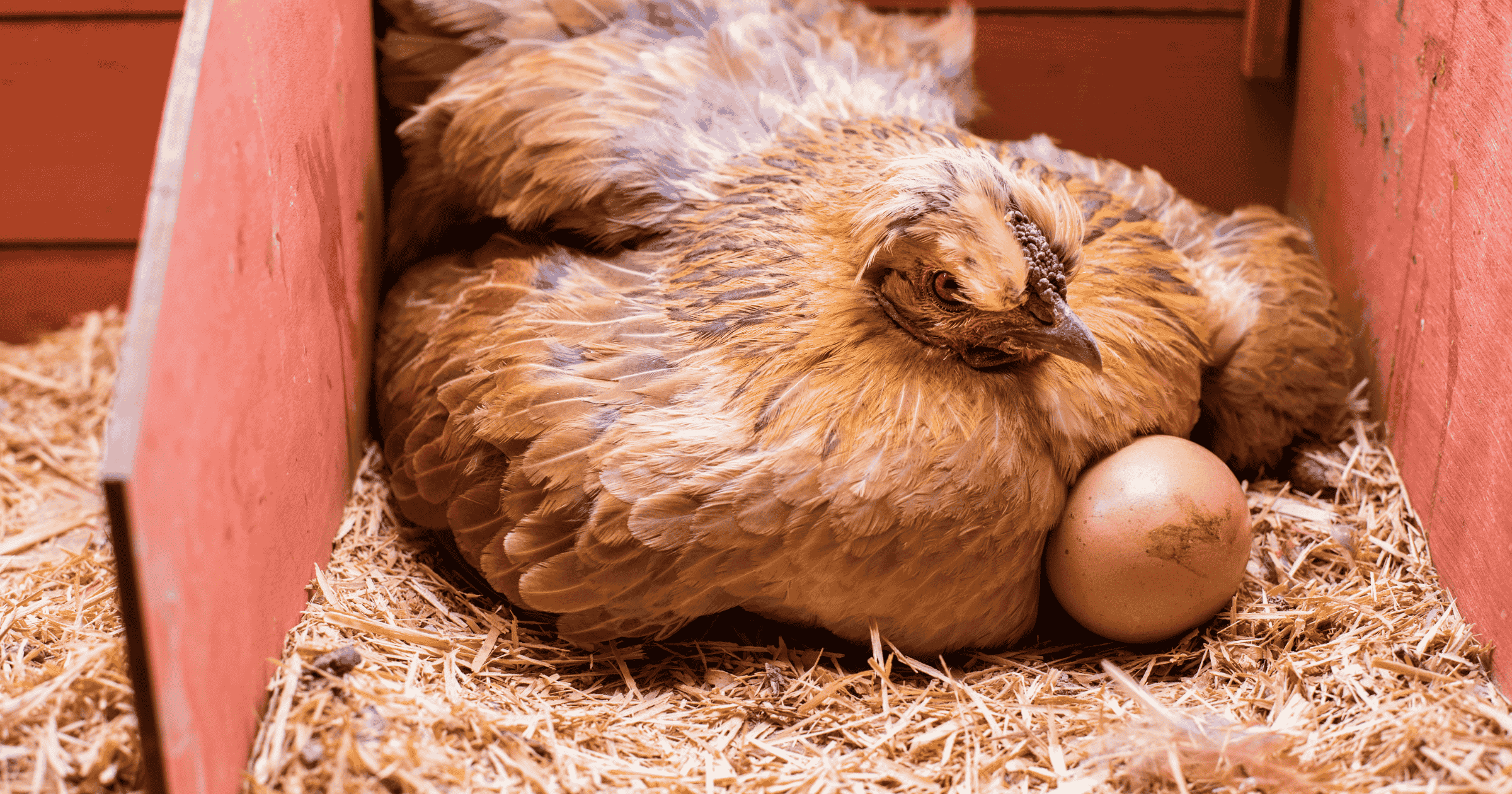
07 Apr How to Care for Laying Hens in Nigeria: Essential Tips for Healthy Egg Production
Introduction: The Importance of Proper Care for Laying Hens in Nigeria
As egg consumption in Nigeria continues to rise, proper care for laying hens becomes even more crucial. Healthy hens are the foundation of a profitable egg farming operation. By providing the right conditions for laying hens, farmers can ensure high egg production, better quality eggs, and healthier poultry.
This guide will cover essential aspects of caring for laying hens in Nigeria, focusing on feeding, housing, health management, and environmental factors that can affect egg production.
1. Choosing the Right Breeds for Laying Eggs
Selecting the right breed of hen is crucial for a successful egg farm. In Nigeria, where the climate and conditions can vary greatly, it’s important to choose breeds that are both hardy and productive.
Recommended Breeds for Laying Eggs in Nigeria:
- Local Breeds like the Nigerian Indigenous Chicken are well-adapted to the climate.
- Exotic Breeds like the Isa Brown and Hy-Line Brown are known for high egg production.
- Hybrid Breeds like the Lohmann Brown and Shaver 579 offer good egg-laying potential in Nigerian environments.
These breeds are resilient and capable of producing large numbers of eggs throughout their laying cycle.
2. Proper Housing for Laying Hens
The environment where laying hens are kept has a significant impact on their overall health and productivity. Proper housing ensures comfort, safety, and hygiene for your flock.
Key Considerations for Housing:
- Space: Ensure each hen has enough space to move around comfortably. Overcrowding can lead to stress and health problems.
- Ventilation: Proper ventilation is crucial, especially during Nigeria’s hot weather. Poor ventilation can lead to respiratory issues and low egg production.
- Bedding: Use clean, dry bedding such as wood shavings or straw. Change the bedding regularly to avoid the buildup of bacteria.
- Temperature: Ensure the coop is not too hot or cold. Adequate cooling in the hot months (through ventilation or shading) and warmth during colder months is essential.
A well-maintained coop can reduce stress and increase egg-laying efficiency.
3. Feeding Laying Hens in Nigeria
A proper diet is essential for laying hens to stay healthy and productive. The nutritional needs of laying hens in Nigeria differ from other poultry, and providing a balanced diet can help maximize egg production.
Key Nutrients for Laying Hens:
- Protein: Laying hens need a protein-rich diet for strong eggshells and overall health. Use a mix of corn, soybean meal, fish meal, or groundnut cake.
- Calcium: Calcium is vital for strong eggshells. Offer oyster shell or limestone to ensure proper calcium intake.
- Vitamins and Minerals: Include vitamin A, vitamin D, and other essential nutrients in their feed. You can add supplements or use fortified poultry feed.
- Water: Ensure constant access to clean, fresh water. Dehydration can cause a drop in egg production.
Sustainable Feeding Tips:
- Formulate Your Own Feed: Many farmers in Nigeria save costs by mixing their own feed using locally available ingredients like maize, soybeans, and fish meal.
- Free-Range Grazing: Allow hens to free-range for additional natural food sources, such as insects, plants, and worms, which contribute to better nutrition.
4. Health Management for Laying Hens
Maintaining the health of your hens is paramount to ensuring long-term productivity. Poor health can lead to disease outbreaks, reduced egg production, and even death.
Health Care Practices for Laying Hens:
- Vaccination: Ensure your hens receive regular vaccinations against common poultry diseases such as Newcastle Disease, Fowl Pox, and Infectious Bronchitis.
- Parasite Control: Regularly check your flock for external parasites (mites, lice) and internal parasites (worms). Treat with appropriate medicines as necessary.
- Biosecurity: Implement strong biosecurity measures, such as disinfecting equipment, restricting farm access, and monitoring for signs of illness.
- Regular Health Checks: Inspect hens regularly for signs of illness, injury, or abnormal behavior. Look for changes in their egg production, appearance, and appetite.
By addressing health issues early, you prevent the spread of diseases and minimize losses.
5. Proper Lighting and Rest for Laying Hens
Lighting plays a critical role in the egg production cycle of laying hens. Proper lighting stimulates hens to lay eggs regularly, while inadequate lighting can disrupt their laying cycle.
Lighting Tips:
- Daylight Cycle: Hens need 14-16 hours of light per day for optimal egg production. During the shorter days, you can use artificial lighting to extend the daylight hours.
- Rest Period: Hens need a period of rest (about 8-10 hours of darkness) to recover from laying eggs. Lack of proper rest can lead to stress and reduced egg production.
6. Preventing Stress and Promoting Well-being
Stress is one of the biggest threats to laying hens. Environmental factors, poor handling, or overcrowding can cause hens to become stressed, leading to reduced egg production or even feather loss.
Stress Reduction Tips:
- Reduce Noise: Keep the area quiet, as loud noises can stress your birds.
- Minimize Handling: Avoid excessive handling and sudden movements.
- Proper Flock Size: Maintain a flock size that the coop can comfortably handle to reduce overcrowding.
7. Managing Egg Production Cycles
Understanding the egg-laying cycle of hens helps you manage their production more effectively. Typically, hens start laying eggs at about 18-20 weeks of age, and continue until they are about 72 weeks old.
Managing the Production Cycle:
- Molting: Hens naturally go through a molting process, usually around their first year. During this time, they may stop laying eggs. Ensure proper nutrition to help them recover and resume egg production after molting.
- Declining Egg Production: As hens age, their egg production decreases. Consider replacing older hens with younger, more productive layers to maintain a high rate of egg production.
Conclusion: Healthy Hens, Healthy Profits
Proper care for laying hens is key to a profitable egg farm in Nigeria. By providing the right environment, feeding them nutritious food, maintaining their health, and managing their laying cycles effectively, you can ensure consistent egg production and a thriving poultry business.
Implement these practices to maximize your productivity, ensure a steady supply of high-quality eggs, and stay ahead of the competition in Nigeria’s growing poultry market.t or shake it up before you fry it up!
Recent posts
- How to Make Akara and Moi Moi with Farm Eggs | Delicious Nigerian Recipes
- How to Make Perfect Omelettes with Farm Eggs | Easy, Delicious Recipe
- Easy Egg Salad Recipes with Farm Fresh Eggs | Delicious & Nutritious
- Deviled Eggs with Local Nigerian Ingredients | Easy Recipe
- Delicious Nigerian Dishes Made with Eggs | Tasty Egg Recipes
Your cart
Your cart is currently empty!








No Comments